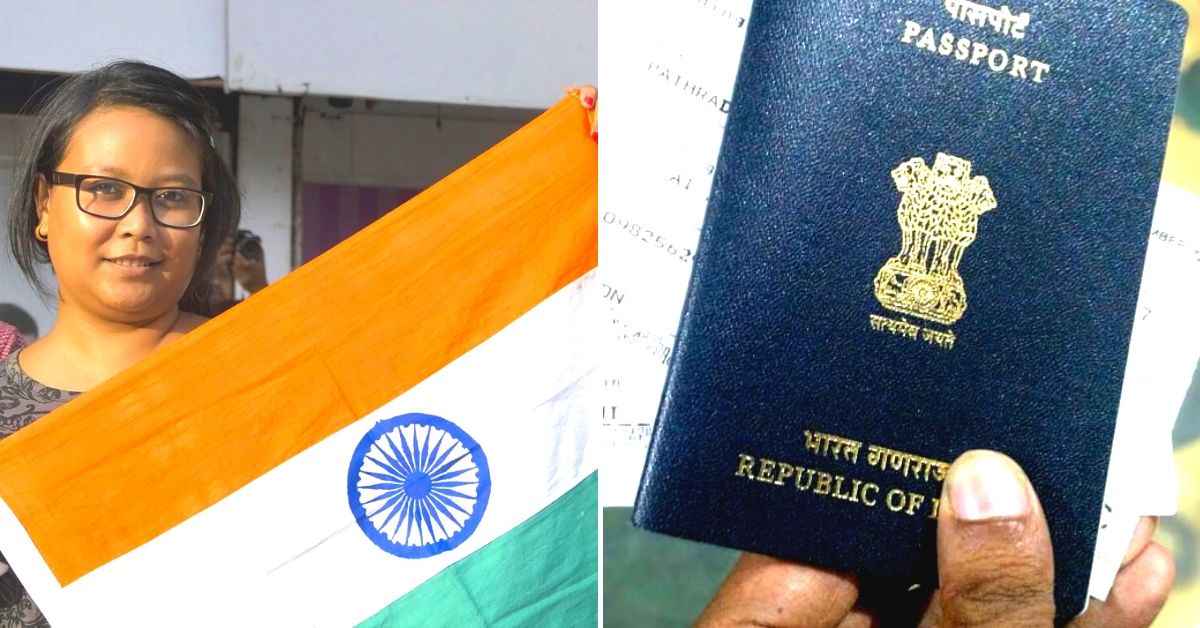
According to the Citizenship Act, here's what makes one eligible for Indian citizenship.
December 17, 2019
How to acquire Indian citizenship?
According to the Citizenship Act of 1955, there are four ways a person can acquire Indian citizenship:-
Provisions for the same are listed under sections 3, 4, 5 and 6 of the Citizenship Act, 1955.

i) Any person born in India on or after 26 January 1950 and before 1 July 1987, is a citizen of India by birth irrespective of his/her parents’ nationality.
ii) Any person born in India on or after 1 July 1987, and before 3 December 2004, is considered a citizen of India by birth if either of his/her parents is a citizen of India at the time of birth.
iii) A person born in India on or after 3 December 2004 is considered a citizen of India by birth if both the parents are citizens of India or one of the parents is a citizen of India and the other is not an illegal migrant at the time of his/her birth.
Picture for representation only. Source.
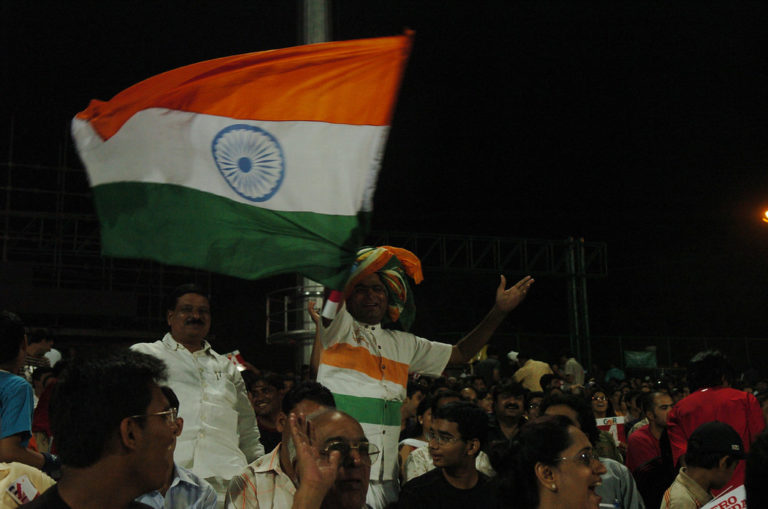
i) Anyone born outside the country on or after 26 January 1950, but before 10 December 1992, can be considered an Indian citizen by descent if their father was an Indian citizen by birth.
ii) Anyone born outside India on or after 10 December 1992, but before 3 December 2004, can be considered an Indian citizen if, at the time of their birth, either parent was a citizen of India by birth.
iii) Anyone born outside India on or after 3 December 2004, can be considered a citizen of India if their parents declare that the said minor does not hold a passport of another country and that his/her birth is registered at an Indian consulate within a year of their birth. There is even a procedure in place for the same.
Picture for representation only. Source
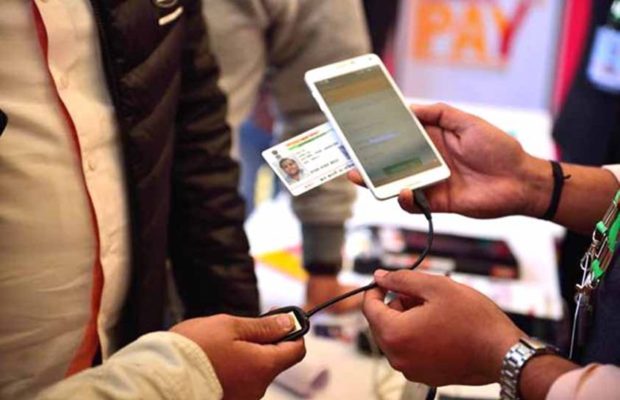
To qualify for registration, following conditions need to be fulfilled.
i) Person Indian origin who has been a resident of this country for 7 years before applying for registration.
ii) Married to an Indian citizen and is a resident for 7 years before applying for registration.
iii) Persons of Indian origin who are ordinarily resident in any country or place outside undivided India under section 5(1)(b).
iv) Minor children of persons who are citizens of India.
Click here to understand the procedure for getting Indian citizenship under section 5.
Here are the documents you may need:
1) A copy of valid Foreign Passport.
2) A copy of valid Residential Permit/LTV.
3) Copies of Indian citizenship certificates of both the parents issued under Section 5(1) (a) or 6(1) of the Citizenship Act, 1955.
4) Declaration and Oath of Allegiance as specified in the form to be made before the offices specified in the Citizenship Rules, 1955 i.e. Collector/DM/ DC.
5) A copy of Bank Challan in original amounting to Rs.500/- payable towards declaration and Oath of Allegiance deposited in the State Bank of India.
6) Evidence that the applicant or either of his/ her parents was a citizen of Independent India viz. copy of the Indian passport or birth certificate.
Picture for representation only. Source
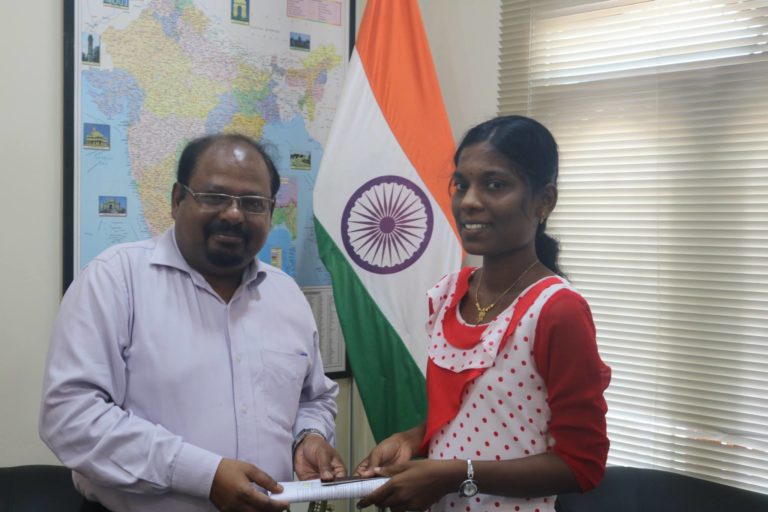
i) Anyone can acquire citizenship if they are ordinarily a resident of India for 12 years (throughout 12 months preceding the date of application and 11 years in the aggregate) and fulfills other qualifications as stated in the Third Schedule of the Citizenship Act.
Under this amendment, illegal immigrants who have entered India on or before 31 December 2014, belonging to Hindu, Sikh, Buddhist, Jain, Parsi and Christian faiths facing “religious persecution or fear of religious persecution” in their countries of origin (Pakistan, Bangladesh and Afghanistan) are eligible for citizenship. It also relaxes the residence requirement for naturalisation from 11 years to 6 years. However, this law is being challenged in the Supreme Court.
For naturalisation, here are the documents you need:
1) A copy of valid Foreign Passport
2) A copy of Residential Permit/LTV
3) A copy of Bank Challan in original amounting to Rs.1500/- deposited in the State Bank of India.
4) One affidavit from self (applicant) and two affidavits from two Indians testifying to the character of the applicant in the prescribed language available in the application form. Affidavit to be allotted by Notary/Oath Commissioner/ DM.
5) Two language certificates certifying the applicant’s knowledge in any one of the Indian languages specified in the Eighth Schedule of the Constitution. (A language certificate from a recognized educational institution or from a recognised organisation or from two Indian citizens of the district of the applicant).
6) Two newspaper (circulating in the district in which the applicant resides) cuttings of different dates or of different newspapers notifying his/ her intention to apply for citizenship in the prescribed language available in the application form.
Picture for representation only. Source
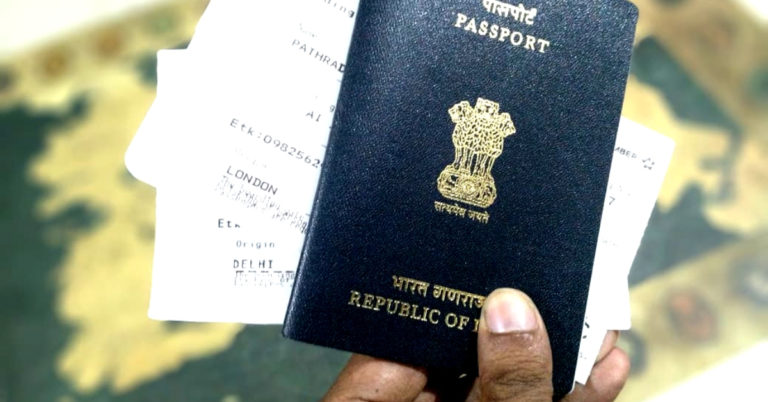
The Act does not provide for dual nationality or dual citizenship. It only allows citizenship for a person who is listed under the provisions above—by birth, descent, registration or naturalisation.
Picture for Representational Purposes Only. (Image credit: Omkar Pathradkar)
(Edited by Saiqua Sultan)
Share on facebook
Facebook
Share on twitter
Twitter
Share on linkedin
LinkedIn
Be part of a vibrant community focused on making a positive impact. Connect, share, and contribute to meaningful discussions.
If you found our stories insightful, informative, or even just enjoyable, we invite you to consider making a voluntary payment to support the work we do at The Better India. Your contribution helps us continue producing quality content that educates, inspires, and drives positive change.
Choose one of the payment options below for your contribution-
By paying for the stories you value, you directly contribute to sustaining our efforts focused on making a difference in the world. Together, let's ensure that impactful stories continue to be told and shared, enriching lives and communities alike.
Thank you for your support. Here are some frequently asked questions you might find helpful to know why you are contributing?
Sounds Interesting? Share it now!